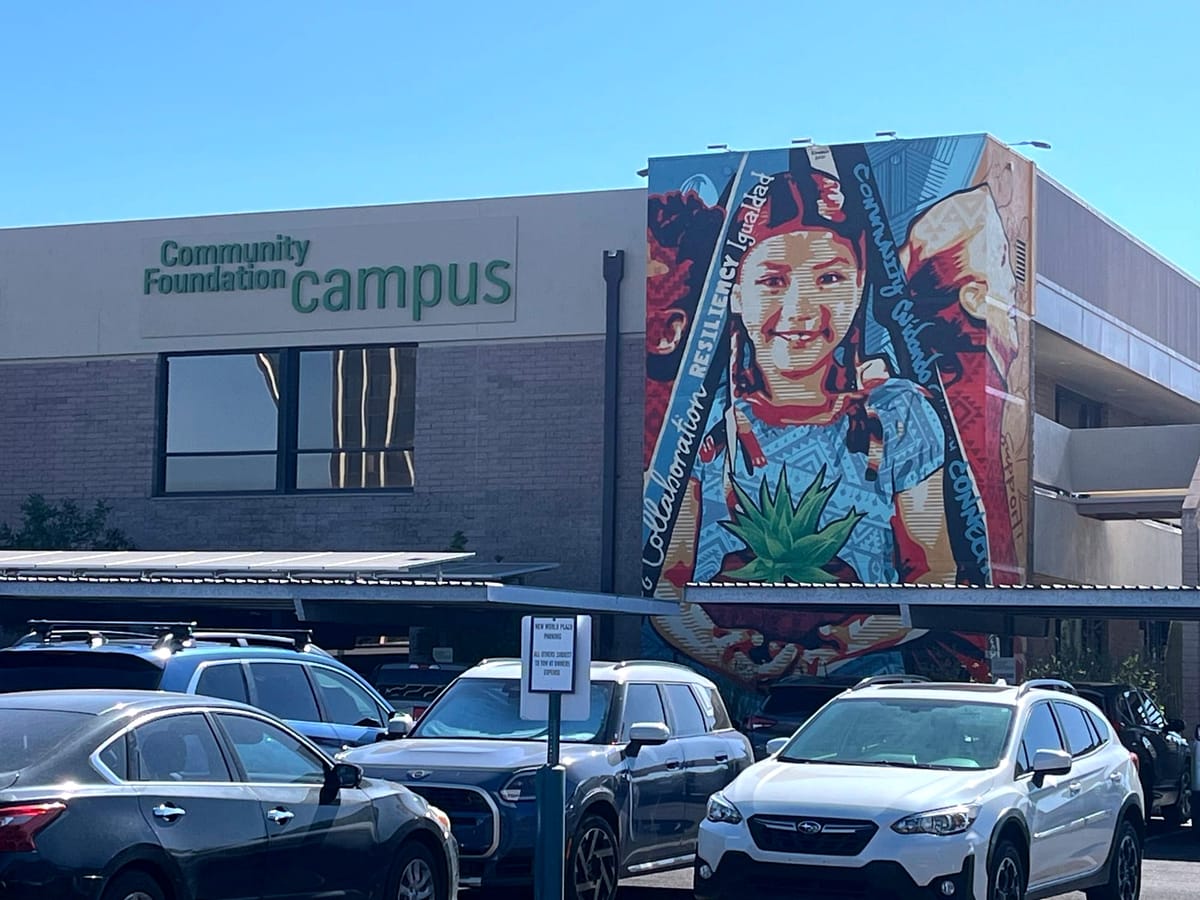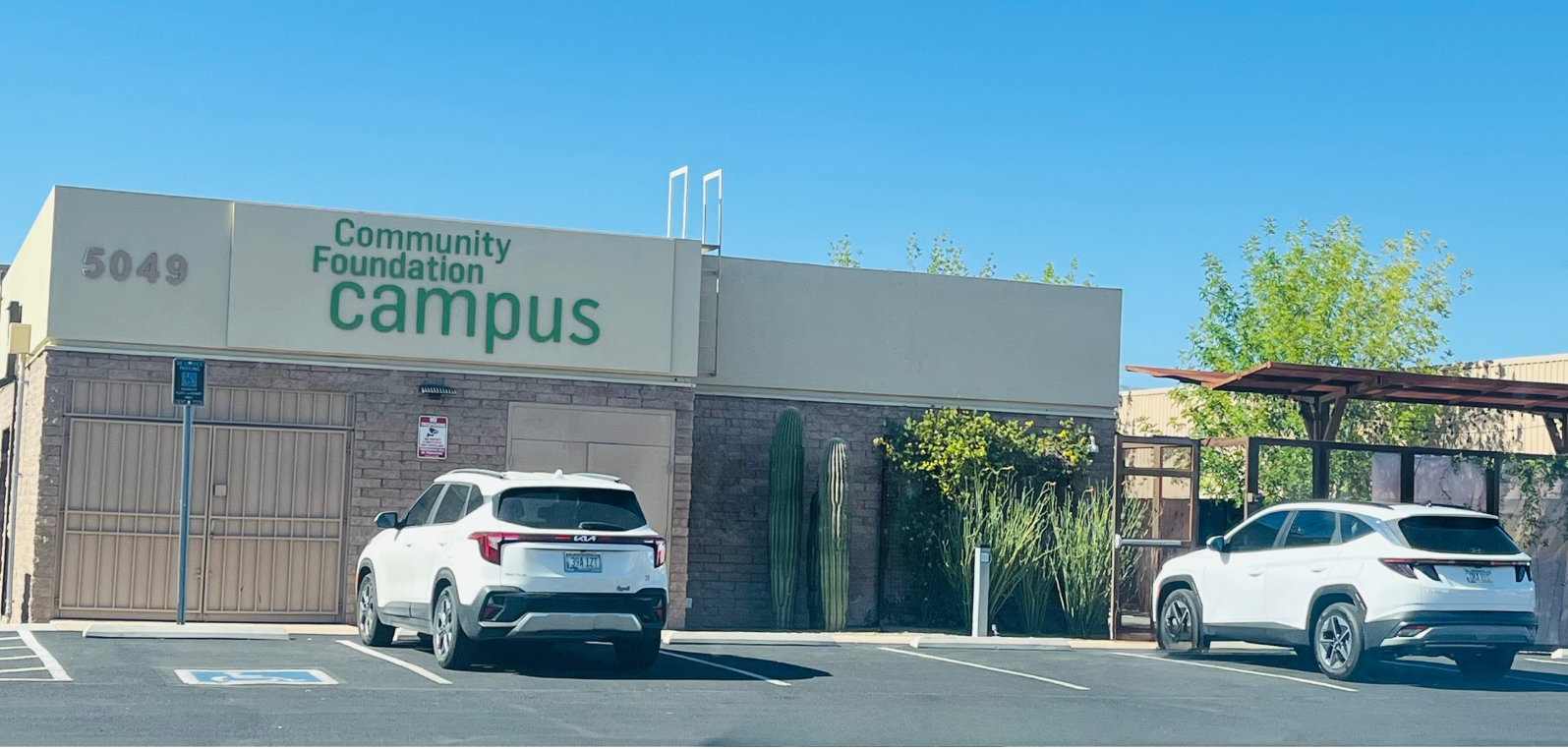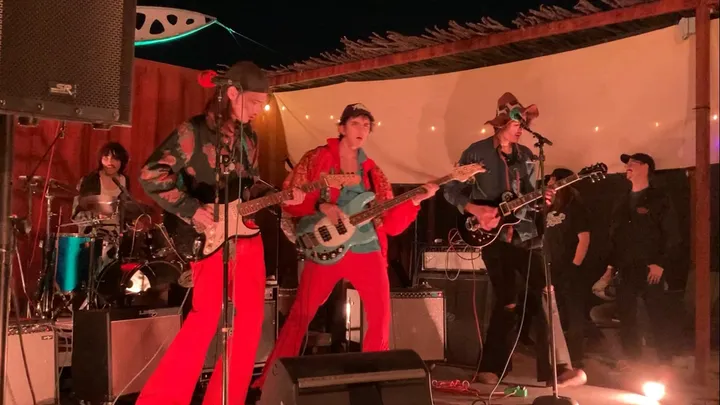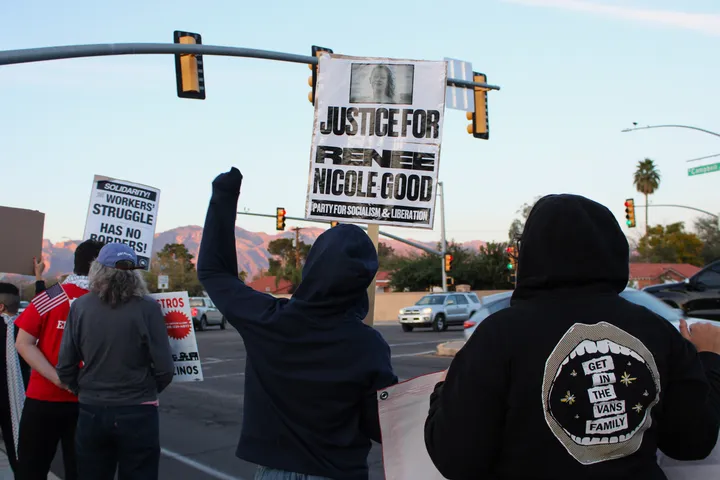Nonprofits warn GOP tax bill could devastate charitable sector
Nonprofit leaders are raising alarms over a Republican tax bill they say would slash funding, discourage donations and increase pressure on already strained charitable organizations.

Representatives from nonprofits and advocacy groups are calling attention to provisions within House Republicans’ newly passed budget reconciliation package that they say could seriously harm charitable organizations and the populations they serve.
On May 15, the House Ways and Means Committee released its draft tax legislation, the central piece of a major tax reconciliation package that Republicans hoped to enact by summer.
That goal came one step closer to reality this week when House Republicans narrowly passed the multi-trillion dollar tax breaks package Thursday morning, after weeks of negotiations. The legislation, dubbed Trump’s “big, beautiful bill,” passed by a vote of 215-214.
The Senate must also approve the bill and could make changes. If so, it will return to the House for another vote.
The draft includes several provisions that experts say could significantly impact nonprofits, including increased taxes on private foundations and a provision that would empower the Trump administration to revoke the tax-exempt status of any nonprofit it deems supportive of a terrorist organization.
Advocacy groups call the amendment, based on the language of the Stop Terror-Financing and Tax Penalties on American Hostages Act, a “nonprofit killer.” Free Press Action said the provision would allow the treasury secretary to accuse nonprofits of supporting terrorism and terminate their tax-exempt status without due process.
The lack of clarity about how it would be determined whether a nonprofit supports terrorism has sparked concern among civil rights defenders and organizations with which President Trump has previously disagreed, including media outlets, universities, religious groups and more.
However, in a Sunday night session ahead of the final vote, the House Budget Committee removed the language allowing for the revocation of a nonprofit’s tax-exempt status.
While critics say the removal of the language is a promising sign, they stress it’s not a victory. The bill still contains provisions that will hurt nonprofits, including:
- Increased taxes on private foundations as a “pay-for” for the bill. Section 112022 would significantly reduce financial resources available to nonprofit organizations, according to the National Council of Nonprofits. Foundations with assets of more than $5 billion would see tax rates of 10%; those with assets between $250 million and $5 billion would see tax rates of 5%; those with assets between $50 million and $250 million would pay 2.8%; and those with assets under $50 million would pay the existing 1.4% tax.
- Discouraging charitable donations made by individuals and corporations. Section 110011 would reduce the value of itemized deductions for high-income taxpayers, disincentivizing charitable giving. Section 112028 creates a 1% floor for charitable contributions made by corporations, which could discourage corporate giving if such donations amount to less than 1% of their taxable income.
With the bill advancing to the Senate, representatives from local nonprofits are urging community members to stay informed, spread the word and support the groups they care about.
“Nonprofits are already in a squeeze. There have been a lot of cuts to funding that originate with the federal government, whether that be direct grants, contracts or other types of funding,” said Jenny Flynn, president and CEO of the Community Foundation for Southern Arizona.
CFSA is the region’s largest grantmaker, connecting donors to the causes they care about and serving as a bridge between philanthropy and the community’s evolving needs.
“We’re talking about core services, including Meals on Wheels, food banks, Head Start and programming for veterans,” Flynn said.
On Tuesday, CFSA took to social media, posting a video of Flynn providing an update on the status of the One Big Beautiful Bill and the provisions that would directly and indirectly hurt the nonprofit sector.
In addition to the provisions that target nonprofits, the ripple effects from those that don’t will still have an impact, according to Flynn.
“There are some challenging components of the bill which will have some pretty significant impacts, particularly around health care, that will raise the level of need,” Flynn said, referring to the bill’s reduced funding for Medicaid and increased requirements for work and volunteer activities as a condition for receiving benefits. “When people don’t have the traditional access to health care that they’ve had before, it will have a ripple effect where they start looking to emergency care or fall deeper into whatever issues they have.”

This will result in more people with disabilities, fewer who are able to work, and an increasing number of people losing their homes or being unable to purchase food, Flynn said.
“All of that then puts pressure on nonprofits that are already losing funding,” she said. “It’s a double and triple whammy, with the loss of funding and the need going up.”
If the bill becomes law as written, one of the only remaining sources of nonprofits’ revenue — private foundation grants — will face steep tax increases.
“That takes even more dollars out of the community and sends it to Washington, D.C.,” Flynn said.
While the ability to strip nonprofits of their tax-exempt status is no longer included in the bill, Flynn said the lack of due process included in the draft remains concerning.
“We have checks and balances … and systems in place that protect us from capricious decisions,” she said. “No one wants nonprofits to support terrorism, but we also don’t want people making decisions without due process.”
With a final Senate vote looming, CFSA is recommending that people stay informed through the group’s newsletter and social media or organizations like the National Council of Nonprofits.
“Spread the word, inform your neighbors, and if you’re able to do so, the best thing you can do is give to a nonprofit you support,” Flynn said. “Nonprofits do so much work in our community. This really will have a big impact.”
Caitlin Schmidt is Editor and Publisher of Tucson Spotlight. Contact her at caitlin@tucsonspotlight.org.
Tucson Spotlight is a community-based newsroom that provides paid opportunities for students and rising journalists in Southern Arizona. Please support our work with a paid subscription.



